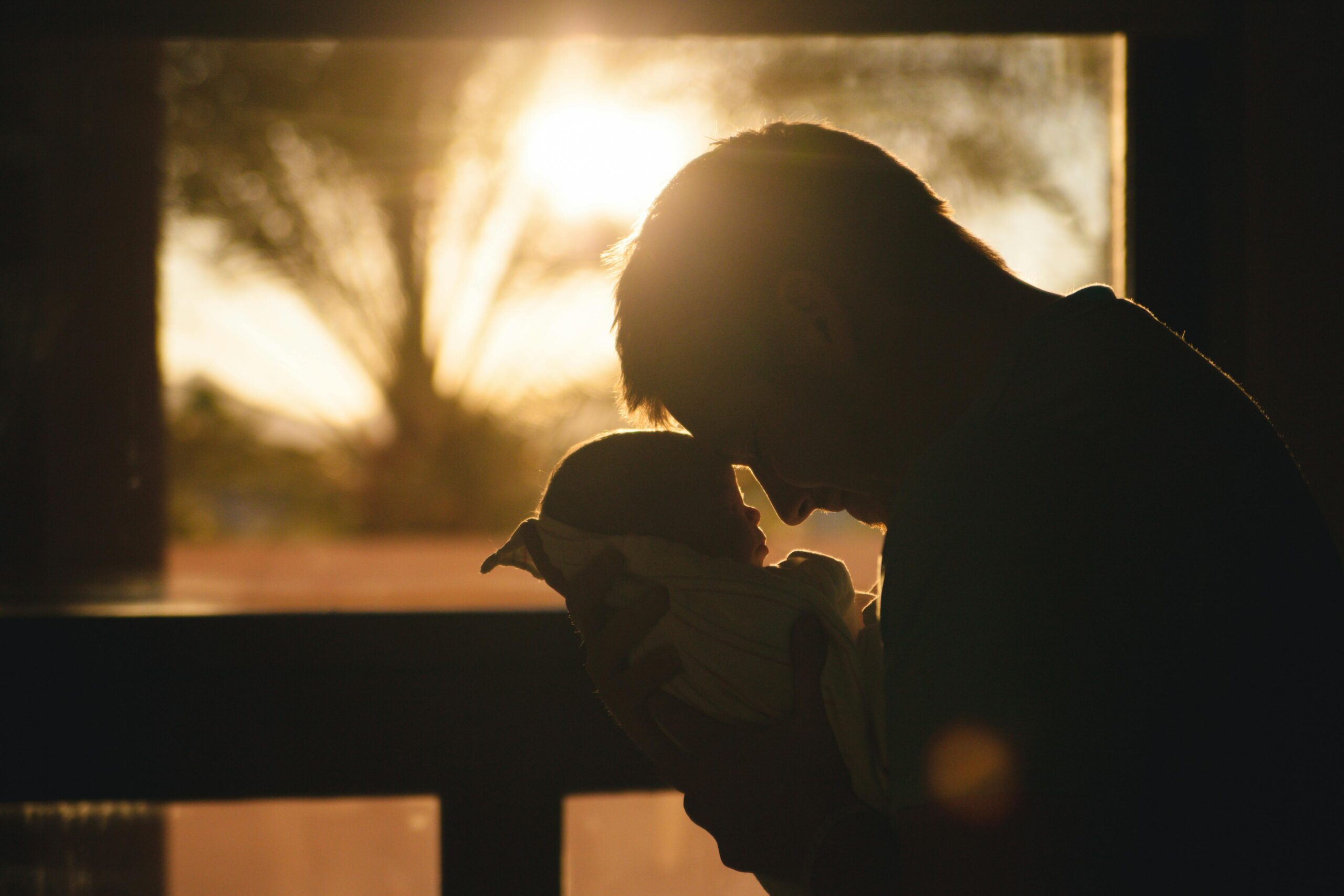A Story of Friendship and Recovery
Addiction isolates in ways we don’t always expect. This is my story of how gambling cost me friendships—and how rebuilding trust after gambling addiction became a vital part of healing.
I’m Jason, 37, a high school teacher from Brisbane, Australia.
I used to be the reliable friend—the one who never forgot a birthday, the guy who would drop everything to help a friend move, the one friends called when they needed a shoulder or a laugh. But when gambling entered my life, that person began to vanish. Not with a bang, not with a fight, but slowly, like a shadow stretching across every corner of my life. And before I realized it, the phone had stopped ringing. Rebuilding trust after gambling addiction would one day become my greatest challenge.
Note: This content may include affiliate links. Purchasing through these links helps fund our work while keeping our recovery guides freely accessible. We only promote resources we believe are genuinely helpful for those navigating gambling addiction and rebuilding stability.
The Isolation No One Talks About
At first, I convinced myself I was “busy” or “tired” whenever friends invited me out. But the truth was uglier: I didn’t want them to see me broke, obsessed, or spiraling. Shame became my constant companion, whispering that I was unworthy of friendship, that I didn’t deserve laughter or trust. I built walls, thick and invisible, and those walls kept out everyone I cared about.
The silence was deafening. I would scroll through social media, seeing my friends’ pictures, laughing, connecting… without me. I tried to tell myself it was okay, that I could catch up later—but deep down, I knew I had already lost them. Rebuilding trust after gambling addiction felt impossible from where I sat, yet it was the only path forward.
Hitting the Loneliest Rock Bottom
Losing money stung, but losing connection cut deeper. One night, I sat in my living room surrounded by bills, the glow of the empty betting screen reflected on my face, and realized that I hadn’t heard a friendly voice in weeks. The calls, the messages, the invitations—they had all stopped. I had told myself I was protecting them from my chaos, but really, I was isolating myself from love, support, and human connection. The truth hit me like a punch: gambling hadn’t just taken my money—it had stolen my friendships, my laughter, my life. Only by rebuilding trust after gambling addiction could I hope to reclaim what mattered most.
Your mindfulness toolkit for gambling recovery
Mindfulness Content offers three powerful ways to create calm and reduce stress while you heal:
- Guided Meditation App for daily grounding
- Meditation Scripts for self-guided calming sessions
- Meditation Music for peaceful background support
The First, Terrifying Steps Toward Rebuilding
Recovery began not with grand gestures, but with a single, terrifying step: admitting the truth. I picked up my phone and sent a message to one friend I hadn’t spoken to in months: “I’ve been struggling. I need to be honest. Can we talk?” I stared at the screen for what felt like hours, waiting for the reply.
Some didn’t respond. Some replied coldly. One text back said, “I don’t know if I can trust you again.” Each rejection stabbed, but each honest attempt, even if it hurt, became a small victory. Rebuilding trust after gambling addiction, I realized, meant accepting both rejection and forgiveness.
The friends who did respond surprised me. One evening, over coffee, I poured out everything—the lies, the losses, the shame. I expected judgment or distance, but instead, I was met with listening eyes and quiet support. “I’m glad you told me,” my friend said. “Let’s figure this out together.” That moment, small as it seemed, cracked open the walls I had spent years building, reminding me that rebuilding trust after gambling addiction was possible, even if it would take time.
Rebuilding Trust: Small Acts, Big Impact
Rebuilding trust after gambling addiction wasn’t a single moment; it was a collection of small, consistent actions that added up over time. I started showing up. When a friend asked for help moving furniture, I was there, no excuses. When someone had a tough week, I sent a thoughtful message, checked in, or brought over coffee—small gestures that spoke louder than words.
I shared my journey honestly. I told friends when I relapsed or struggled with temptation, instead of hiding it. Vulnerability became my bridge. One friend invited me to a barbecue months after our silence; I showed up, helped cook, and resisted the urge to disappear. That evening, we laughed until our sides hurt, and I felt, for the first time in years, that sense of belonging again. These ordinary acts became the foundation for rebuilding trust after gambling addiction.
Another friend and I started weekly walks, just talking about life. Sometimes I cried. Sometimes we laughed. Trust grew slowly, unevenly, like grass pushing through cracks in concrete. There were setbacks—I forgot to call someone, or old habits made me anxious—but I learned that showing up again after a mistake mattered more than perfection. Each step reminded me that rebuilding trust after gambling addiction was less about promises and more about presence.
What I’ve Learned About Connection
Addiction isolates, but recovery reconnects. Friendships don’t heal overnight, and trust is fragile, but honesty and consistent effort can rebuild bridges. Letting people see the real me—flawed, imperfect, scared, but trying—became the key to reconnecting with the people I loved. Rebuilding trust after gambling addiction has taught me that consistency speaks louder than apologies, and vulnerability is stronger than perfection.
If you’re in the silence right now, wondering why no one calls anymore, I want you to know: it’s not too late. Just as gambling can pull you away from community, recovery can bring you back. The first step may be terrifying—but reaching out, saying “I need help,” and showing up consistently is also the first step toward being seen, heard, and loved again. Rebuilding trust after gambling addiction is not easy, but it is possible.
Continue Your Healing Journey
If this story resonated with you, these reflections may guide and support your next steps in recovery.
- From High Roller to Humble Beginner
- Healing Relationships During Recovery Journey
- Gambling Recovery Forecasting Tools
Need Practical Tools for Healing?
Head over to our Recovery Tools & Resources page — your central hub for trusted tools, guided supports, and resources that make recovery doable and sustainable.





